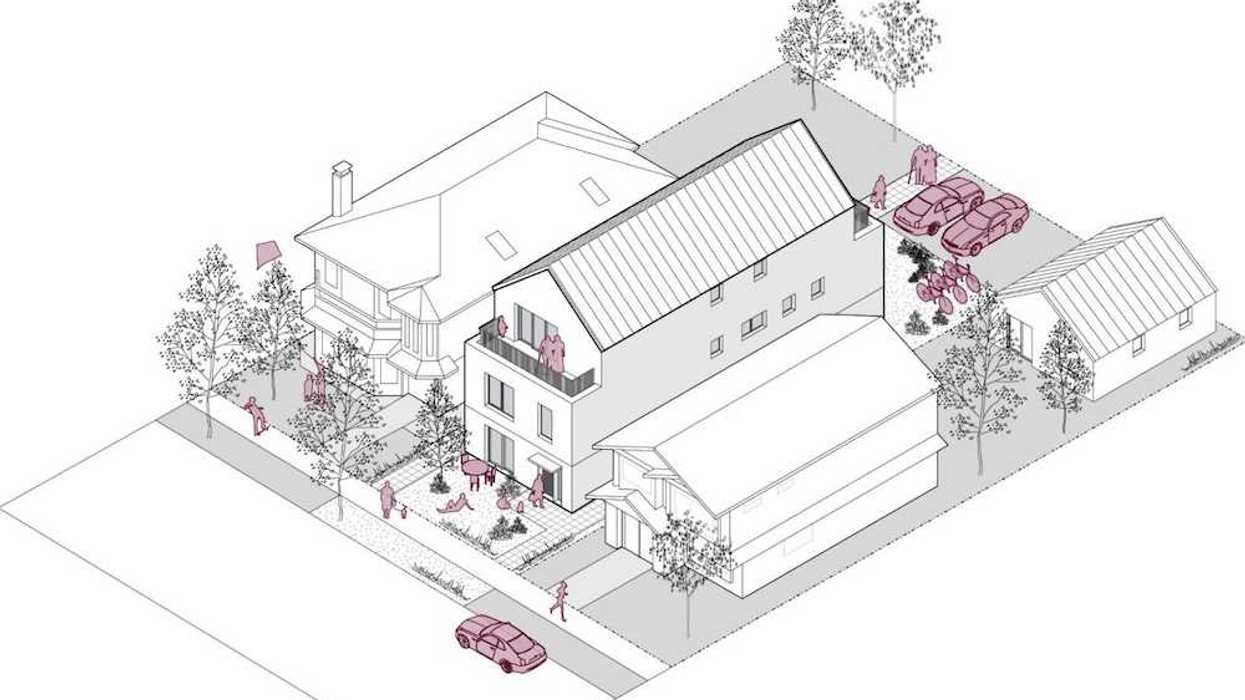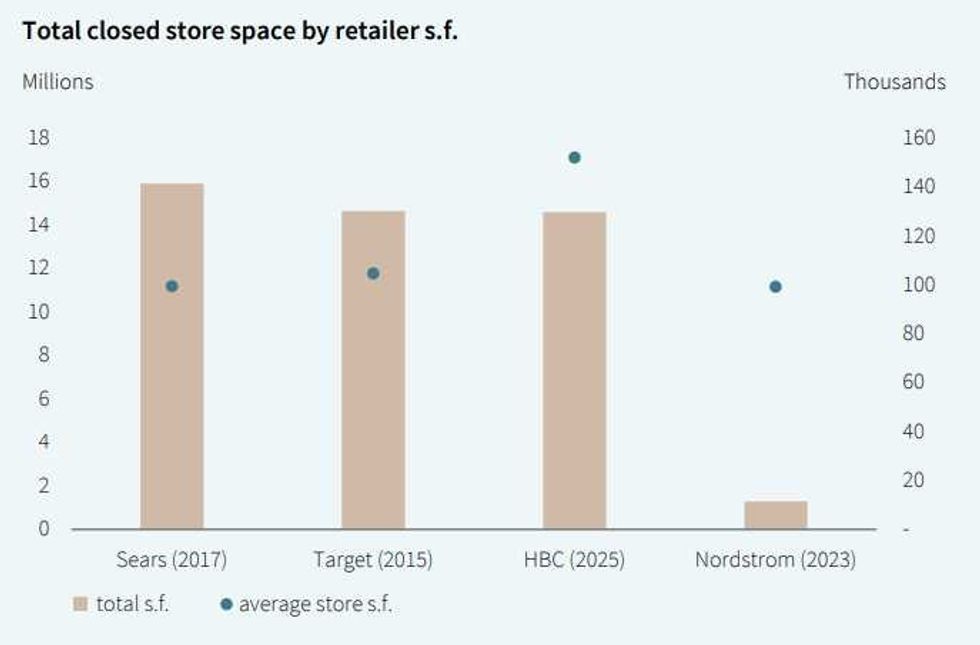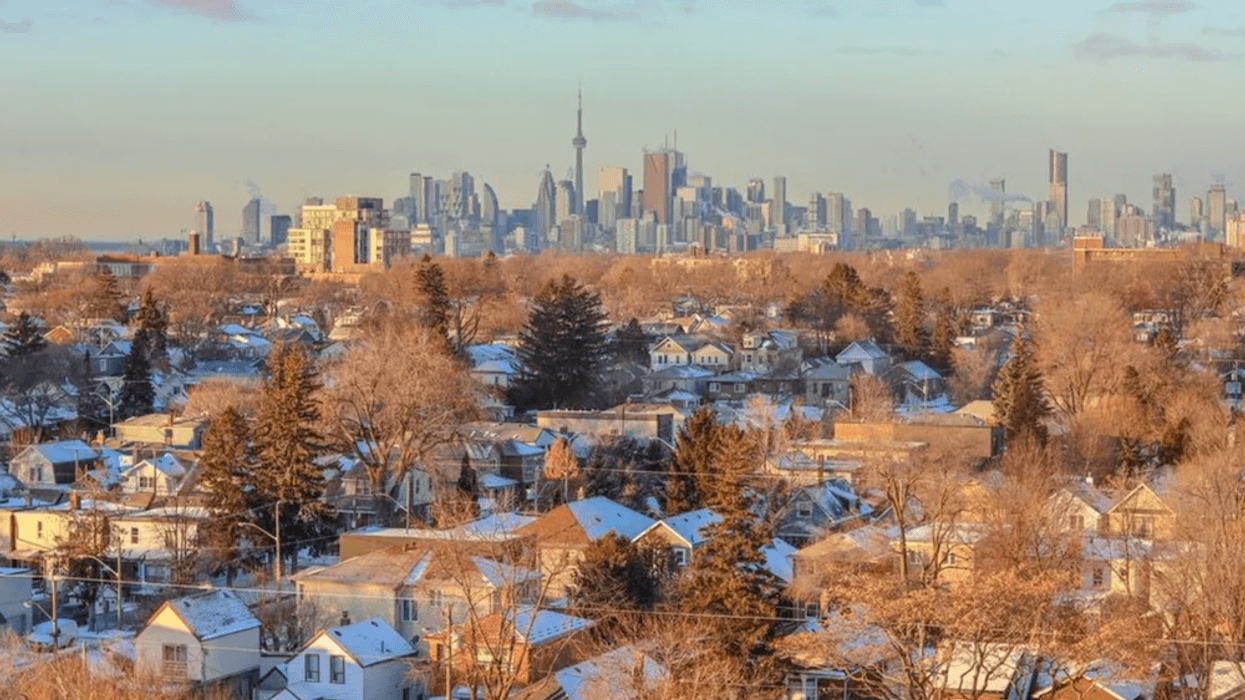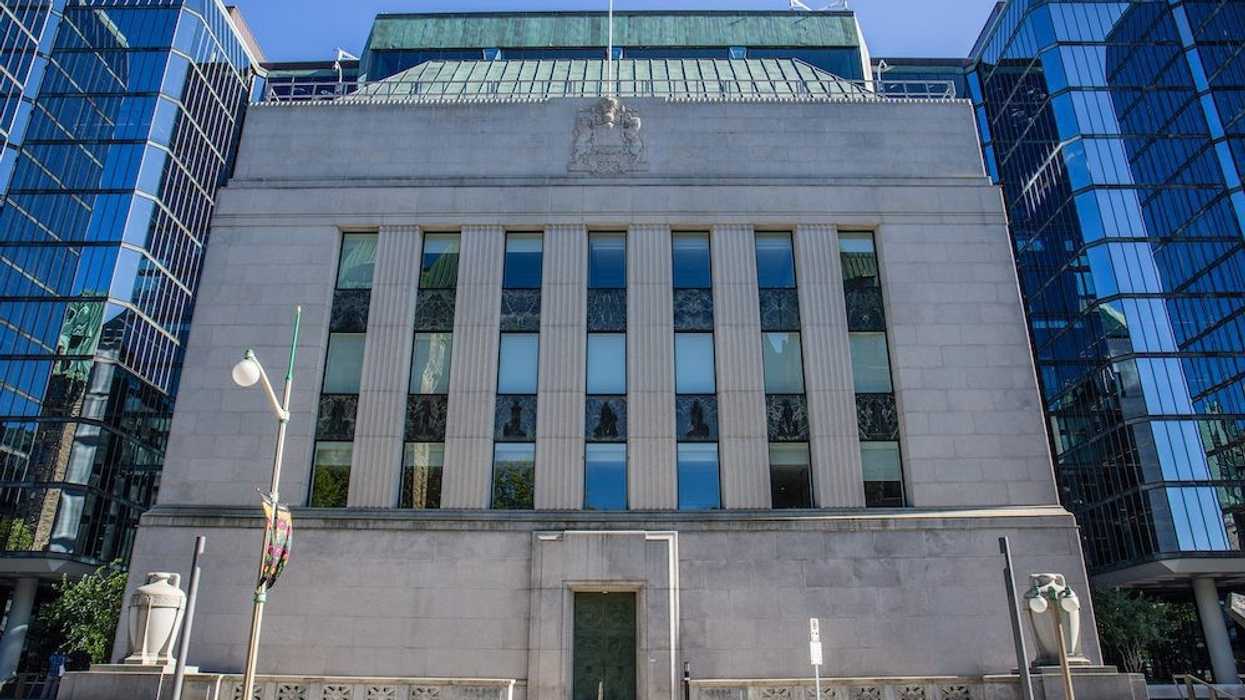Occupancy Date
Learn what the occupancy date means in Canadian real estate, particularly for pre-construction condos, and how it affects possession and financial planning.

May 22, 2025
What is an Occupancy Date?
The occupancy date is the day a buyer or tenant is legally permitted to move into a property, even if final closing or ownership transfer has not yet occurred.
Why Occupancy Dates Matter in Real Estate
In Canadian real estate, the occupancy date is especially important in pre-construction condominiums. During the interim occupancy period, the buyer lives in the unit but does not yet own it outright.
Key points about occupancy date:- Buyer begins paying occupancy fees to the developer
- Title transfer and mortgage funding occur later (final closing)
- Fees often include estimated taxes, maintenance, and interest on the unpaid balance
For resale homes, the occupancy date is typically the same as the closing date. For new builds, especially condos, buyers should understand what rights and responsibilities begin on the occupancy date, including insurance requirements, utilities setup, and reporting deficiencies.
Understanding the occupancy date ensures buyers are prepared for phased financial obligations and transition into the property.
Example of an Occupancy Date
A condo buyer receives an occupancy date of September 1. They move in and pay monthly occupancy fees until legal title is transferred three months later.
Key Takeaways
- Marks when buyer/tenant can take possession.
- May precede final closing in new builds.
- Involves paying occupancy fees.
- Common in pre-construction condos.
- Requires planning and insurance coverage.
Related Terms
- Closing Date
- Interim Occupancy
- Deposit Structure
- New Construction
- Condo Agreement


 401-415 King Street West. (JLL)
401-415 King Street West. (JLL)






 Eric Lombardi at an event for Build Toronto, which is the first municipal project of Build Canada. Lombardi became chair of Build Toronto in September 2025.
Eric Lombardi at an event for Build Toronto, which is the first municipal project of Build Canada. Lombardi became chair of Build Toronto in September 2025.


 Hudson’s Bay vacated about as much space as Target did in 2015. (JLL)
Hudson’s Bay vacated about as much space as Target did in 2015. (JLL)
